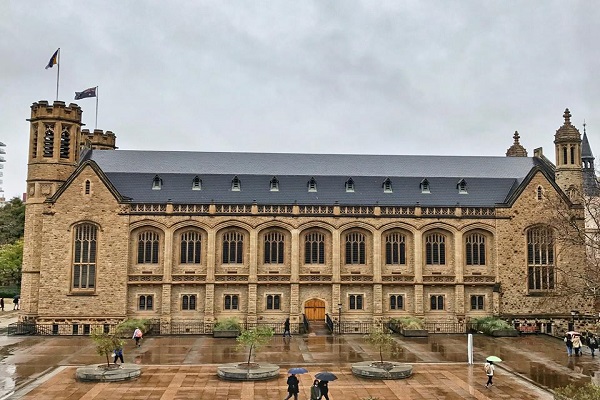“Adelaide University Ends Face-to-Face Lectures: Faculty Criticizes Shift to Digital-Only Learning”

Introduction of Digital-Only Learning
Adelaide University has announced a major shift in its educational approach, eliminating face-to-face lectures for all courses starting in 2026. This decision positions Adelaide University as the first institution within Australia’s Group of Eight (Go8) to make such a change. The move follows the merger of the University of Adelaide and the University of South Australia.
Details of the New Learning Model
According to the university’s announcement, face-to-face lectures will be replaced by “rich digital learning activities.” These activities will be self-paced and self-directed, allowing students to access high-quality educational resources at their convenience. The goal is to provide a uniform digital learning experience across all courses.
Response from Faculty and Staff
The decision has provoked strong reactions from faculty members and the National Tertiary Education Union (NTEU). Dr. Andrew Miller, the NTEU’s South Australia branch secretary, expressed significant concern, criticizing the university for bypassing promised collaborative processes with staff and students. Miller argued that removing face-to-face lectures undermines academic autonomy and reduces the quality of student support.
He emphasized that in-person lectures offer valuable opportunities for direct interaction between students and instructors, which can enhance learning and provide essential academic support. Miller believes that flexibility should work both ways, allowing students to benefit from both online and in-person learning experiences.
University’s Justification
Professor Joanne Cys, the domain lead for curriculum at Adelaide University, defended the decision, stating that the transition to digital learning is intended to complement rather than replace traditional methods. Cys highlighted that over 4,000 staff members have been involved in developing the new curriculum, with ongoing input from more than 1,500 staff members.
She argued that the shift to digital learning is a response to declining campus attendance and aims to offer more flexible and engaging teaching methods suited to contemporary students.
Broader Context
This shift reflects a wider trend in higher education, accelerated by the COVID-19 pandemic, towards online learning. Universities across Australia and globally have increasingly incorporated digital tools and resources into their teaching methods.
However, the move has not been without controversy. For instance, Curtin University faced backlash in 2021 when it proposed phasing out face-to-face lectures in favor of brief online videos. The university later adjusted its approach to offer both in-person and online learning options.
Criticism and Concerns
Dr. Alison Barnes, the national president of the NTEU, criticized the move as detrimental to academic integrity and student engagement. She expressed concerns that eliminating face-to-face lectures could undermine the quality of academic support and diminish the vibrant campus life that is integral to the university experience.
Conclusion
Adelaide University’s decision to eliminate face-to-face lectures marks a significant shift in higher education, reflecting ongoing trends towards digital learning. While the university aims to enhance flexibility and accessibility, the decision has sparked debate over the impact on academic quality and student experience.


